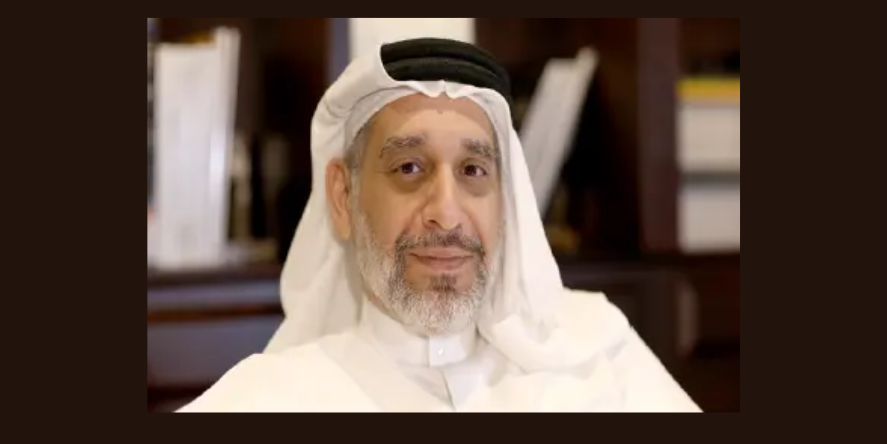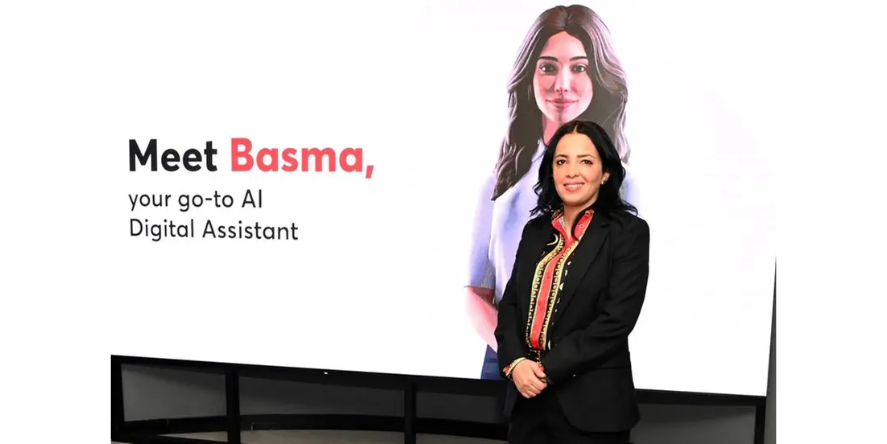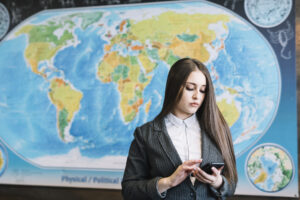Continuing to raise the bar for sustainability among Philippine banks, Ayala-led Bank of the Philippine Islands (BPI) was recognized by the International Business Magazine as the Best Sustainable Bank in the Philippines for the second consecutive year.
This is BSP’s first recognition for the year after receiving 10 sustainability-related awards in 2022. The Bank attributes its multiple recognitions to a long-standing history of leading-edge Environmental, Social, and Governance (ESG) innovations aligned with global standards. BPI formally started its sustainability journey back in 2008 with the country’s first Sustainable Development Finance (SDF) Program – then called Sustainable Energy Finance (SEF). In partnership with the International Finance Corporation (IFC), the program helped spur the growth of renewable energy, energy efficiency, green buildings, and sustainable agriculture in the country. Today, the SDF Program remains unparalleled, with a total of 398 cumulative financed projects worth Php 252 billion.
In 2021, BPI established its Board-approved Sustainability Agenda, which aims to further integrate sustainability principles into the Bank’s operations as well as its products and services.
As the Bank’s Sustainability Agenda was cascaded to business units, employees were guided on the unique formula ESG + E2, emphasizing the need for ESG initiatives to provide economic benefits for them to be truly sustainable. As a result of this cascade, the Bank saw its sustainability initiatives multiply, complementing the SDF Program in prospering the Bank’s journey to a sustainable future.
Among BPI’s recent achievements is the world’s first Energy Transition Finance Facility (ETFF). Financed by BPI and arranged by the Bank’s investment bank arm BPI Capital, ETFF allows the decommissioning of a 246-megawatt coal-fired power plant 15 years ahead of the end of its technical life, which is estimated to help reduce up to 50 million metric tons of carbon emissions. The deal complements the Bank’s commitment to zero out its coal power generation portfolio by 2032 – ahead of other non-Organisation for Economic Cooperation and Development (non-OECD) countries’ target schedule.
To address existing climate hazards as well as other environmental hazards, BPI also established an Environmental Risk Assessment (ERA) where client assets, locations, and collaterals, as well as Bank employee residences, corporate offices, branches, and machines (ATMs/CAMs), are mapped out vis-à-vis natural hazards such as earthquakes, floodings, typhoons/severe wind, landslides, storm surges, and volcanic eruptions. Based on the identified hazards, BPI then implements necessary mitigation initiatives such as project relocation, engineering interventions, and insurance. To date, BPI is the only local bank to have such an initiative in place.

Meanwhile, the Bank has also taken strides in terms of social innovations and financial inclusion by establishing BPI Banko in 2016. This microfinance arm of BPI aims to fully support self-employed micro-entrepreneurs (SEMEs) to help them achieve economic advancement and growth.
Garnering the second largest market share among microfinance banks, BPI BanKo has in place distribution channels tailor-fit for underserved and underbanked markets as well as innovative products and services. In addition to traditional brick-and-mortar branches and cash agent partners, the Bank has set up loan officers and associates, dubbed as “BanKoMares” and “BanKoPares” with established direct customer relationships, to provide financial literacy sessions and assistance in accessing banking services. BPI BanKo also introduced NegosyoKo Lite, an affordable and accessible business loan with a minimum amount of only Php 10,000 (or USD 182). In 2022, BPI BanKo disbursed a total of Php 10.61 billion in loans across all products.
Apart from initiatives undertaken by BPI BanKo, BPI has taken steps to mitigate the high incidence of poverty in the Philippines in support of its mission to build a better Philippines. In 2022, the Bank released a digital platform named BizKo, dedicated to sole proprietors, freelancers and professionals, partnerships, and start-up businesses. Digitalization solutions extend the Bank’s reach, even to individuals residing in locations far from city centers.
In addition, BPI has set up loan products for micro, small, and medium enterprises (MSMEs), low-cost housing loans for individuals, micro-insurance products with monthly payments as low as Php 500 (or USD 9), and capacity-building sessions targeted to the unique needs of MSMEs. In December 2022, BPI also announced a social bond dedicated to MSMEs, dubbed as the BPI Reinforcing Inclusive Support for MSMEs (RISE) Bonds.
Alongside innovative ESG-oriented products and services, BPI has also integrated sustainability in its operations. Reflecting SDF Program’s climate mitigation efforts, BPI also adopted sustainability solutions in its own facilities. In 2022, three of BPI’s corporate offices have been confirmed to shift from the national grid (which is only 24% renewable) to 100% renewable energy through a partnership with fellow Ayala-led AC Energy Corporation. From 51% as of year-end 2021, 84% of BPI’s brick-and-mortar branches have now shifted to inverter air conditioning units as of end-2022. Finally, five BPI branches became IFC- Excellence in Design for Greater Efficiencies (EDGE)-certified, with BPI Iloilo Solis as the first bank branch in the Philippines to earn such a title.

Looking ahead, BPI has situated itself to further lead the Philippine banking industry in the ESG space. BPI has engaged a third-party consultant organization to help the Bank develop its net zero strategy roadmap and pave the way for a sustainable and climate-resilient future. The Bank also celebrates Philippine Sustainability Awareness Month (SAM) every year to help generate awareness on the urgent importance of sustainability.
With the Bank’s initiatives, BPI rallies its stakeholders, including clients, employees, investors, and even local communities, to be sustainable together – for the nation’s greater good.
Article received from Bank of the Philippine Islands (BPI)
















